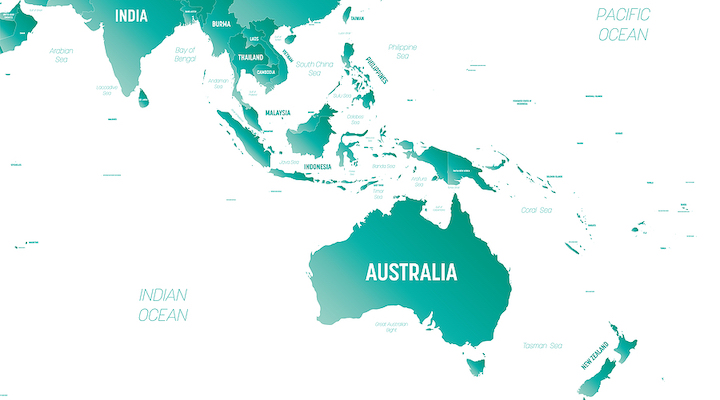A new report, the latest edition of CPA Australia’s annual Asia-Pacific Small Business Survey, reveals that small businesses in Australia are struggling to keep pace with their Asia-Pacific counterparts.
The research highlights the continuing gulf in the performance and outlook of small Australian businesses compared to 10 other markets, including mainland China, Hong Kong, India, Malaysia, Singapore, Indonesia and the Philippines. In fact, Australian small businesses are ranked at the bottom, or near the bottom of the class, when it comes to growth over the last 12 months, their expectations of growth this year and satisfaction with their financial performance.
The report also found that Australian small-business owners are the least likely to expect their national economy to grow in 2024, while also being the least likely to expect their revenue from overseas sales to increase.
Gavan Ord, Business and Investment Policy Lead at CPA Australia, believes that the failure of small Australian businesses to adopt and adapt to new technologies is a large factor in explaining the disparity.
“Small businesses in Australia are significantly more likely to be owned by people aged 50 or over, which is great in respect of knowledge and experience, but the survey data shows they are much less likely to be using technology like e-commerce and social media,”Ord said. “Australian small businesses are among the least likely to report notable revenue from online sales. Having digital tools is one thing, properly using them to grow the business is another.
“Small businesses in other markets are investing in technologies and seeing the rewards, while too many in Australia are missing out,” Ord added. “This slow pace of technology adoption is hurting both individual businesses and the economy as a whole.”
To improve Australia’s economy and increase its competitiveness, Ord says that policymakers need to significantly increase the proportion of small businesses incorporating new technologies into their business. He also wants to see the government do more to promote business ownership and entrepreneurism amongst younger Australians.
“Small businesses owned by young Australians are much more likely to innovate, more likely to export, and [are] less risk averse than older business owners,” Ord said. “All this means that small businesses owned by people aged under 40 are more likely to experience growth. However, of the markets we surveyed, Australia has the lowest proportion of businesses owned or run by someone under 40.
“Inspiring young people to start a business, or purchase an existing one, will be a crucial part to our future economic success,” Ord continued. “The government needs to implement policies that promote business ownership among young Aussies. This should include setting targets to increase the number of people aged under 40 who own a business.
“Improving the small0business community’s proficiency in new technologies and nurturing the entrepreneurial spirit of our young people will benefit the economy, create more jobs and boost our productivity,” Ord concluded.











